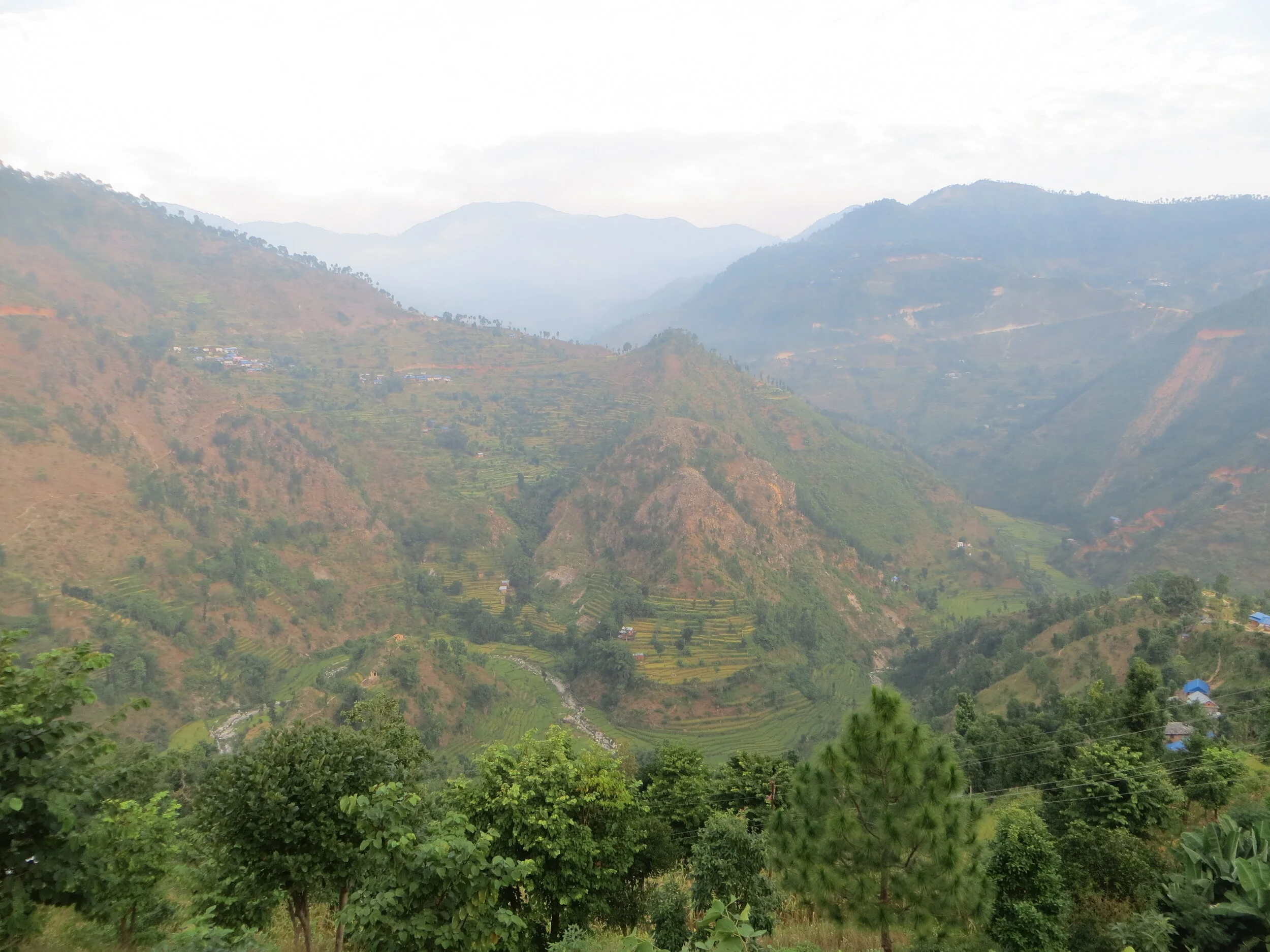Blog
Fieldnotes
Informal communication about all areas of my professional work, from reflections on my ethnographic research experiences and updates on my academic activities, to posts focused on pedagogy and writing
Dissertation Literature Reviews: What Components Does a Good Lit Review Have?
The previous blog post in this series talked about why literature reviews are important to the academic endeavor and how the process itself makes a person into a credible scholar and a researcher. This blog post looks at the components of a literature review and discuss how to evaluate its contents.
Dissertation Literature Reviews: What Are They, and What’s the Big Deal?
A good dissertation literature review is much more than a technical exercise. The process of constructing a lit review initiates you into your discipline’s practices, making you into a scholar and researcher in your field and establishing the value of your own research.
Drafting - Write First
Give yourself permission to write first, write often, and write messy—because drafting is not the end of the writing process.
Prewriting - Because You Can’t Draw Water from a Dry Well
Prewriting means that you don’t have to sit and wait for ideas to come to you. Just like priming a water pump takes work, generating ideas takes work too. Here are five prewriting strategies to get your ideas flowing.
Telling vs. Showing: Revising Dyads and Lists
In general, dyads and lists result in unspecific prose that throws a lot of information at your reader, making it harder for them to absorb what you’re telling them.
Telling vs. Showing Language
Telling language is easier to write, but it does not provide the persuasive evidence that engages readers. In this blog post, I show you how to move from telling language to showing language in cover letters and personal statements.
Book Reviews: How I Write Them
How does one write a book review? In this blog, I outline some things that I do when I sit down to write a book review. Putting on my writing coach hat, I hope you find my transparency about my process helpful.
Book Reviews: Why I Write Them
News scholars are often discouraged from writing book reviews. While writing book reviews certainly does not replace publishing original articles, writing book reviews still comes with benefits.
When your dissertation turns out really different from your proposal
Changes to dissertation research are expected. In fact, these changes can make your project better.
Crisis Adaptation as an Academic
Re-assessing our personal and professional processes and priorities can be an appropriate response to a pandemic. It does not mean we have failed in some way.
NEWS: I’m going to Yale in the spring!
I received a Short-term Collections-based Fellowship at the Yale Institute of Sacred Music for Spring 2021. Keep reading to find out more about the work I’ll be doing and how to receive updates about it.
Review of "The Lives We Have Lost: Essays and Opinions on Nepal" by Manjushree Thapa
Manjushree is one of my favorite commentators on Nepal. There is a growing number of good scholarly works on Nepal, but I find Manjushree’s candid and considerate observations and opinions, not veiled or overwhelmed by anthropological theory, to be refreshing. Her writings confirm and challenge my own thoughts on where Nepal is going as a country, and what role I, as a foreigner, should or should not have in these developments.
Review of "Early Churches in Nepal: An Indigenous Christian Movement Till 1990" by Rajendra K. Rongong
Dr. Rajendra Rongong’s book is a highly readable, mostly first-person account of the growth of Christianity in Nepal.
Thoughts about hospitality
Is hospitality a burden? Or is it an extension of living life together?
Jhul Bitaran (Mosquito Net Distribution)
Giving people mosquito nets turns into lessons about wider community politics, national economy, and local religious rituals.
Thoughts on security
What does being safe when you travel alone in rural Nepal as a foreign woman look like?
A Visit to Nurse Rooke*
I needed booster shots—for Hepatitis A, DtaP/Tdap, and typhoid, to be exact—before I returned to Nepal for my MA fieldwork. So I called my university’s health center for an appointment. “You’re traveling abroad?” the operator asked. I confirmed. “Oh, well then, you’ll need to make an appointment to see the travel nurse. It’s forty dollars per appointment.” I was annoyed at her insistence that I see the travel nurse for my shots; couldn’t another nurse give me the immunizations? Why did I have to pay an extra forty dollars? I reluctantly agreed to an appointment.
“Auntie—are you going to carry dhan too?”
Coming downstairs, I intercepted Sabita. She had a hasya (sickle) in her hand, and a water bottle in the other. She was on her way out to cut the dhan—rice—now ready for harvest in the fields behind the house. “Can I cut dhan too?” I asked.








